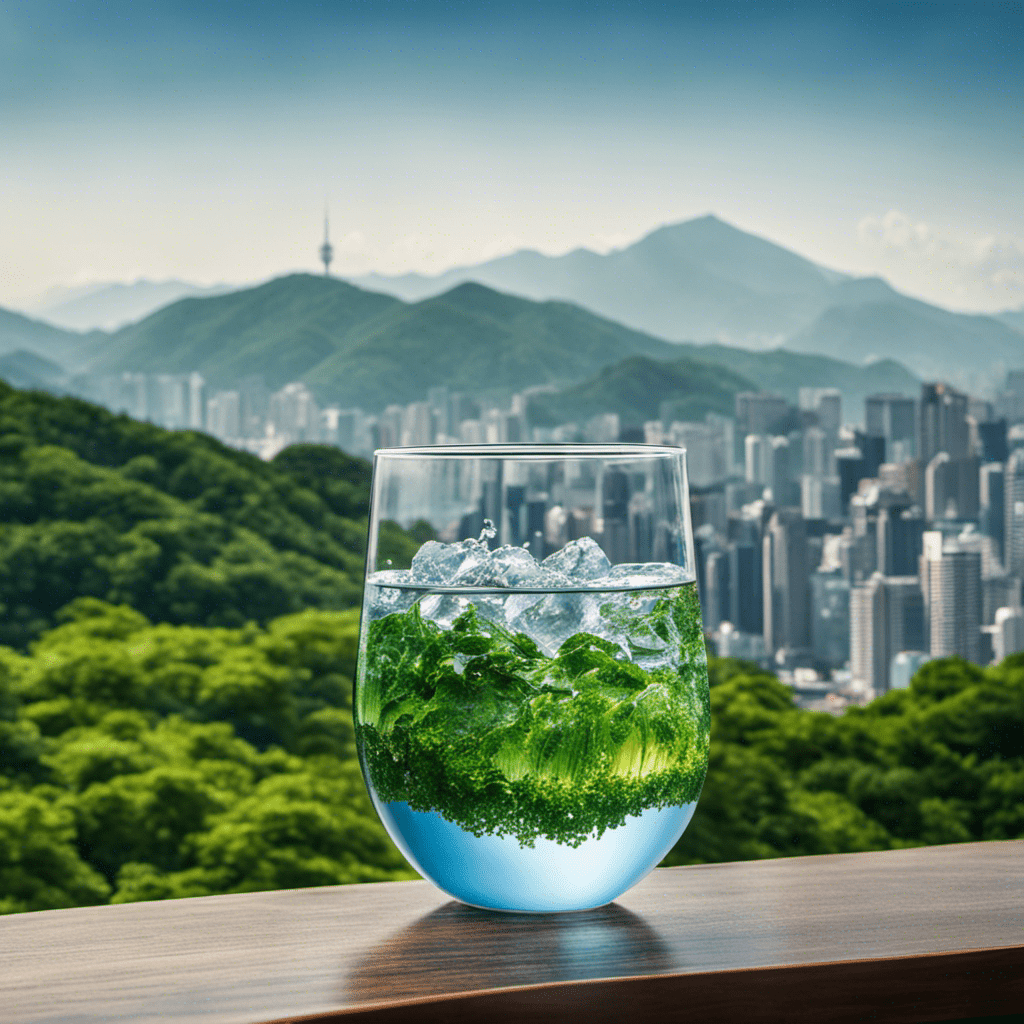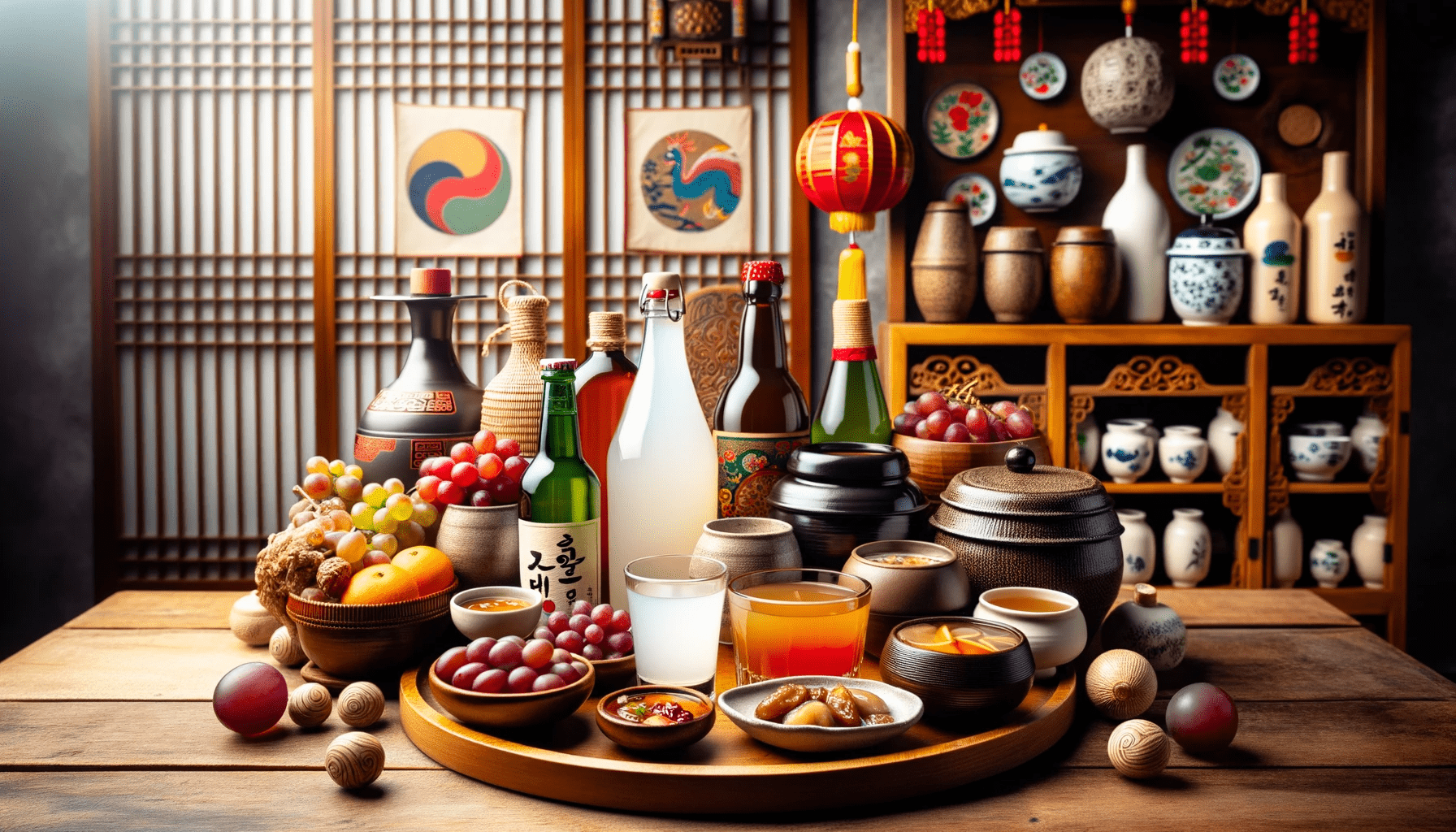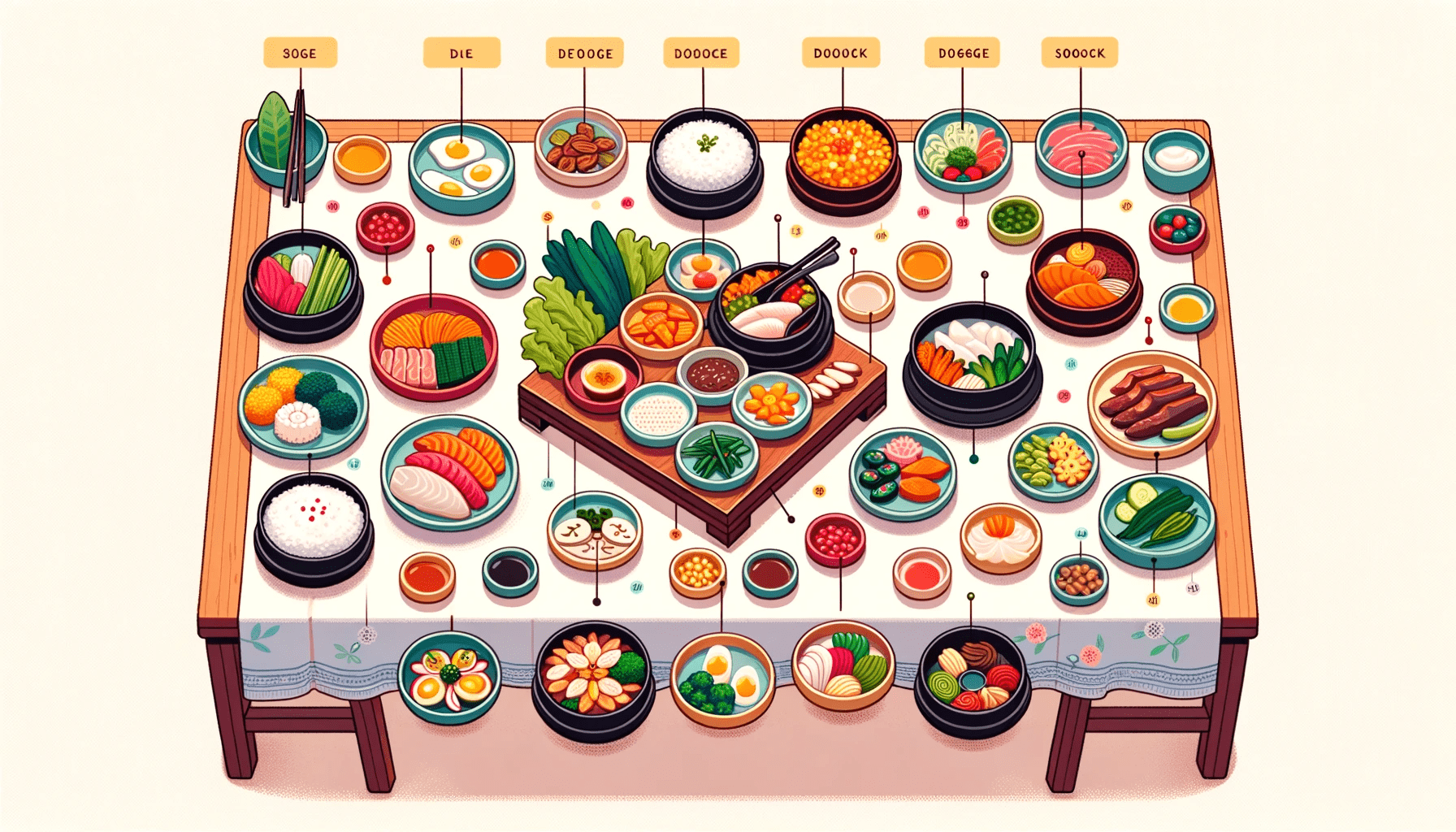In the bustling streets of Korea, where cultural heritage meets modern innovation, the quest for safe and reliable drinking water becomes an essential pursuit.
Through a lens of objectivity and scientific inquiry, this article aims to shed light on the truth about Korean drinking water.
We will explore the quality of tap water, the prevalence of bottled water, and the efficacy of water purification methods.
By juxtaposing these aspects, we offer a comprehensive understanding of the options available to both locals and visitors in this captivating country.
Key Takeaways
- Tap water in South Korea is drinkable and of good quality.
- Koreans prefer bottled or purified water over tap water.
- The government has been replacing old water pipes, with 95% already replaced in Seoul.
- Consider bringing a reusable bottle to reduce plastic waste.
The Safety of Tap Water in South Korea
According to the provided knowledge, the tap water in South Korea is considered safe, with the government replacing 95% of old water pipes in Seoul, ensuring a high-quality water supply for its residents and visitors. The Office of Waterworks in Seoul monitors the water quality 24/7 and conducts regular inspections to ensure its safety.
While tap water in Korea is safe to drink, Koreans tend to prefer bottled or purified water. The bottled water industry in Korea is thriving, with various brands available in the market. However, it is important to note that drinking tap water in Korea has its health benefits. It provides essential minerals and nutrients, and is often fortified with fluoride, which promotes dental health.
Additionally, tap water is more environmentally friendly, as it reduces plastic waste from bottled water consumption. Therefore, considering the safety and health benefits, tap water in South Korea is a viable and sustainable choice for hydration.
The Government’s Efforts in Improving Water Quality
To address concerns about water quality, the government has implemented various initiatives to improve it and ensure the well-being of the population. These initiatives include:
-
Replacement of old water pipes: The impact of old water pipes on water quality has been recognized, and the government has been actively replacing them. In Seoul, 95% of the old water pipes have already been replaced, leading to improved water quality.
-
Monitoring and inspections: Seoul’s Office of Waterworks monitors the water quality 24/7 and conducts regular inspections. This ensures that any issues are promptly identified and addressed.
-
Future of water infrastructure in Korea: The government is committed to further improving the water infrastructure in Korea. This includes investing in advanced technologies and systems to ensure the delivery of clean and safe water to the population.
-
Public awareness and education: The government also focuses on raising public awareness about water quality and promoting water conservation practices. This helps to ensure that individuals are informed and actively participate in maintaining water quality standards.
These initiatives demonstrate the government’s dedication to safeguarding water quality and ensuring a sustainable future for water infrastructure in Korea.
Bottled Water Industry in Korea: Facts and Figures
The increasing demand for bottled water in Korea, coupled with the projected revenue of 1 trillion won by 2020, highlights the significance of the bottled water industry in the country. Koreans have a preference for bottled or purified water over tap water, contributing to the growth of this industry. Let’s take a closer look at Korea’s water consumption patterns and the environmental impact of the bottled water industry.
| Water Consumption Patterns in Korea | Environmental Impact of the Bottled Water Industry in Korea |
|---|---|
| Koreans prefer bottled or purified water over tap water | The production of plastic bottles contributes to plastic waste |
| Various brands of bottled water are available, ranging in price and source | The extraction and transportation of water requires energy and resources |
| Many Korean families have water purifying machines at home | The disposal of empty plastic bottles can lead to pollution |
While bottled water provides convenience and assurance, it is important to consider the environmental implications. To reduce plastic waste, individuals can opt for reusable bottles or use water purifiers. It is crucial for the bottled water industry to implement sustainable practices to minimize its impact on the environment.
Popular Brands of Bottled Water in Korea
One of the popular brands of bottled water in Korea is Jeju Samdasoo, which is sourced from Jeju Island and is highly regarded for its quality.
When it comes to choosing the best sources of bottled water in Korea, it is important to consider the following factors:
-
Source: Jeju Samdasoo is sourced from Jeju Island, known for its pristine natural environment and volcanic bedrock. Other popular brands may source their water from different locations, so it is important to research and compare the sources.
-
Quality: Jeju Samdasoo is known for its high-quality water, which undergoes rigorous filtration processes to ensure purity. It is essential to compare the quality of different brands to make an informed choice.
-
Price: Bottled water prices can vary significantly in Korea. It is advisable to compare the prices of different brands and consider the value for money.
-
Sustainability: In light of environmental concerns, it is worth considering brands that promote sustainability, such as those using eco-friendly packaging or supporting initiatives to reduce plastic waste.
The Role of Water Purifiers in Korean Homes and Public Places
Water purifiers play a crucial role in ensuring the availability of clean and safe drinking water for Korean households and public spaces. The role of water purifiers is to eliminate contaminants and impurities from the water, making it suitable for consumption.
Purified water offers several benefits over tap water, including the removal of harmful bacteria, viruses, and chemicals that may be present in the water supply. By using water purifiers, Korean households can have access to high-quality drinking water that is free from potential health risks.
In public spaces such as museums and restaurants, water purifier machines are often installed to provide visitors with clean drinking water. This not only promotes good health but also reduces the reliance on single-use plastic bottles, leading to a more sustainable and environmentally friendly approach to water consumption.
Considerations for Reusable Water Bottles in Korea
When considering reusable water bottles in Korea, it is important to regularly clean and sanitize them to ensure proper hygiene. Here are some key points to consider:
-
Choose the right reusable bottle: There are various options available, such as stainless steel, glass, or BPA-free plastic bottles. Select one that suits your preferences and needs.
-
Benefits of using filtered water: Using a water bottle with a built-in filter can help remove impurities and improve the taste of tap water. This can be especially beneficial if you have concerns about the water quality in certain areas.
-
Cleaning and sanitizing: Regularly clean your reusable bottle with hot water and soap or use a bottle brush to scrub the inside. To sanitize, you can use a mixture of water and vinegar or a mild bleach solution. Be sure to rinse thoroughly afterwards.
-
Replace when necessary: Over time, reusable bottles may become worn or develop cracks, which can harbor bacteria. It is important to replace your bottle if you notice any signs of damage.
Additional Information and Tips for Drinking Water in Korea
To ensure optimal hydration during your stay in Korea, it is advisable to familiarize yourself with the various brands and sources of bottled water available, as well as the option of using a water purifying machine in public buildings for a reliable and convenient source of clean drinking water. Koreans generally prefer bottled or purified water over tap water, and the bottled water industry in Korea is thriving. Brands like Jeju Samdasoo, sourced from Jeju Island, are popular choices. It is also common for Korean families to have a water purifying machine at home, and public buildings often have water purifier machines. The impact of water quality on health in Korea is important to consider, as tap water is generally safe but personal preferences may lead to bottled or filtered water consumption. Drinking from springs in the mountains may require a purifier bottle. Overall, being aware of water related customs in Korea and making informed choices about water sources can contribute to a healthy and enjoyable stay in the country.
| Bottled Water Brands | Water Purifying Options |
|---|---|
| Jeju Samdasoo | Water purifying machine |
| Nongshim Spring | Public building purifiers |
| Baeksansu | Water purifying bottle |
| Evian |
Frequently Asked Questions
Is It Safe to Drink Tap Water in Korea?
Tap water in Korea is safe to drink as it is of good quality and monitored by the government. However, some may prefer alternatives such as bottled water or purified water due to personal preferences or concerns about old pipes.
How Does the Government Ensure the Quality of Tap Water in Korea?
The quality of tap water in Korea is ensured through government regulations and regular water testing. The government’s Office of Waterworks in Seoul monitors water quality 24/7 and conducts inspections to maintain high standards.
What Are Some Popular Brands of Bottled Water in Korea?
Popular brands of bottled water in Korea include Jeju Samdasoo, which is sourced from Jeju Island. Drinking bottled water provides convenience and assurance of quality. However, tap water in Korea is safe for consumption.
How Common Are Water Purifiers in Korean Homes and Public Places?
Water purifiers are commonly found in Korean homes and public places. They play a crucial role in ensuring the safety and quality of drinking water. The water filter market in Korea is thriving, driven by health-conscious individuals seeking the numerous benefits of purified water.
Are There Any Considerations for Using Reusable Water Bottles in Korea?
Reusable water bottle options in Korea are widely available and can help reduce plastic waste. Considering the environmental impact, using a reusable bottle is a sustainable choice. It is important to choose a bottle made from safe materials and properly clean and maintain it.
Conclusion
In conclusion, the topic of Korean drinking water reveals a comprehensive understanding of the options available. The safety of tap water is being addressed by the government’s efforts to improve water quality.
The popularity of bottled water and the presence of water purification machines further provide options for accessing clean drinking water.
By considering reusable water bottles and following additional tips, visitors can ensure their health and well-being while enjoying their stay in Korea.
Overall, the truth about Korean drinking water allows individuals to make informed choices for their hydration needs.






0 Comments